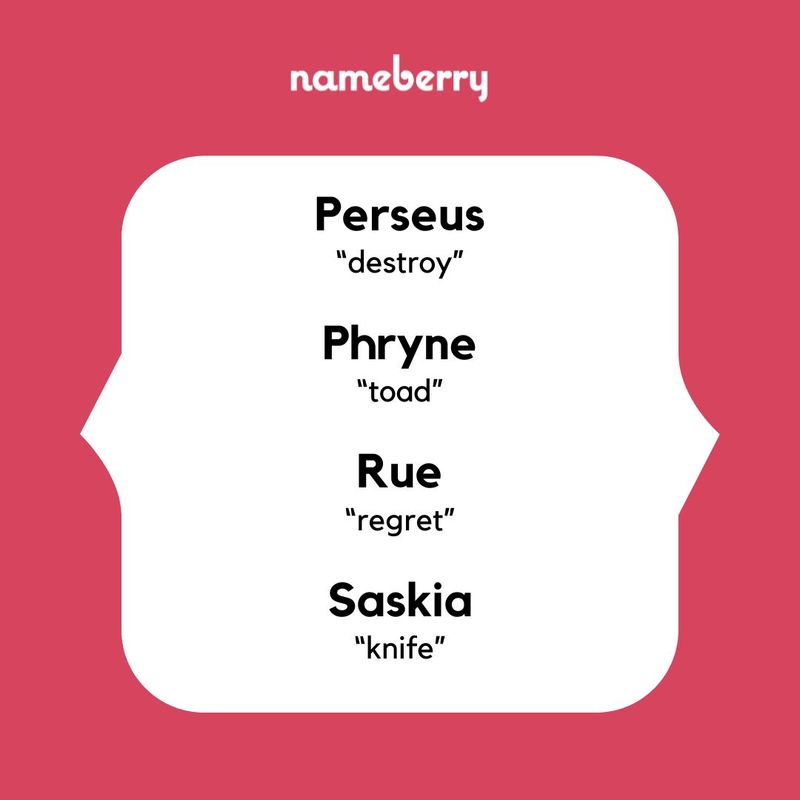Naming a child is a significant decision that lasts a lifetime. Yet, many parents find themselves second-guessing their choices. Sometimes, a name that seemed perfect turns out to have unforeseen implications. Reflecting on common regrets can offer valuable insights. Parents often wish they’d considered factors such as pronunciation, popularity, and cultural significance.
While some regrets are related to names being too trendy or difficult to spell, others stem from initials that lead to unfortunate acronyms. Understanding these pitfalls can guide future parents in selecting names that not only sound beautiful but also stand the test of time.
1. Unique Spellings

Imagine your child constantly correcting the spelling of their name. Unique spellings can seem like a creative choice but often lead to frustration. One parent’s decision to add extra letters turned a simple name into a lifelong challenge. For instance, “Emmaleigh” might stand out but is frequently misspelled as “Emily”.
A name’s originality should never overshadow its clarity. Consider how a name looks and sounds to others. While creativity is essential, it’s crucial to balance it with practicality. Ensuring the name is intuitive prevents future complications.
Seek feedback from friends and family to gauge first impressions.
2. Trendy Names

Trendy names, like any fad, may lose their charm over time. One parent named their child after a popular TV character, only to regret it once the series ended. While “Arya” was unique during “Game of Thrones,” it quickly became overused.
Choosing a name should reflect timelessness rather than temporary popularity. Parents should envision the name in various stages of life: childhood, adulthood, and beyond.
Consider testing the name’s longevity by imagining it in future scenarios. Avoid names tied too closely to cultural moments that may fade.
3. Difficult Pronunciations

Names with challenging pronunciations can lead to lifelong frustrations. One parent chose “Siobhan,” unaware of the common mispronunciation issues it posed.
The beauty of a name can be lost if it becomes a constant source of miscommunication. Consider how others will say the name and whether it can be easily understood when heard.
Simplifying pronunciation doesn’t mean sacrificing uniqueness. Phonetically intuitive names can still offer distinctiveness without the hassle.
4. Family Pressure

Family pressures can heavily influence naming decisions. Parents often feel obligated to honor relatives through names. However, this can lead to conflicts if names don’t resonate personally.
One mother named her child after a distant aunt, only to regret the emotional disconnect. Remember, it’s your child’s identity, not a family legacy.
While honoring family is noble, ensure the name aligns with your vision. Openly communicate with your family about your preferences to avoid future regrets.
5. Initials Forming Unfortunate Acronyms

Initials can unintentionally form awkward acronyms. One parent discovered post-birth that their child’s initials spelled “P.I.G.” This oversight led to embarrassment and legal name changes.
Always check the full initials to avoid future troubles. What seems insignificant initially can have lasting effects on a child’s self-esteem.
Consider writing out different combinations to ensure no unintended meanings. Being proactive prevents potential teasing or discomfort.
6. Overly Common Names

Common names can lead to identity confusion. One child named “Jacob” found himself one of five in his class.
While traditional names carry elegance, their popularity can dilute individuality. Parents seeking distinction should explore less common variants.
Balancing uniqueness with recognizability ensures a name stands out while being cherished. Consider regional popularity metrics when choosing.
7. Names with Negative Meanings

Names carry meanings that can impact perceptions. A parent once chose “Mallory,” unaware it meant “unfortunate”.
Researching the etymology and meanings can prevent unintended associations. A name should uplift, not burden.
Consider how a name’s meaning aligns with your hopes for the child. Opt for names reflecting positive traits or histories. An informed choice fosters pride and confidence.
8. Names Too Similar to Siblings

Names that sound too similar among siblings can cause confusion. A family with “Mason” and “Jason” faced endless mix-ups.
Distinct names foster individual identities and reduce daily mix-ups. While thematic naming seems appealing, too much similarity can lead to constant clarifications.
Reflect on the rhythm and sound of all siblings’ names together. Striking a balance keeps each child’s identity unique and respected.
9. Names That Don’t Age Well

Names like “Bambi” may feel cute for a child but awkward for an adult. One parent regretted their whimsical choice as their daughter matured.
Names should gracefully transition across life stages. Consider how a name will feel at different ages, ensuring it suits both a child and an elder.
Test the name’s adaptability by imagining it in formal scenarios. A well-chosen name endures beyond childhood whims.

Well, hello there!
My name is Jennifer. Besides being an orthodontist, I am a mother to 3 playful boys. In this motherhood journey, I can say I will never know everything. That’s why I always strive to read a lot, and that’s why I started writing about all the smithereens I came across so that you can have everything in one place! Enjoy and stay positive; you’ve got this!

